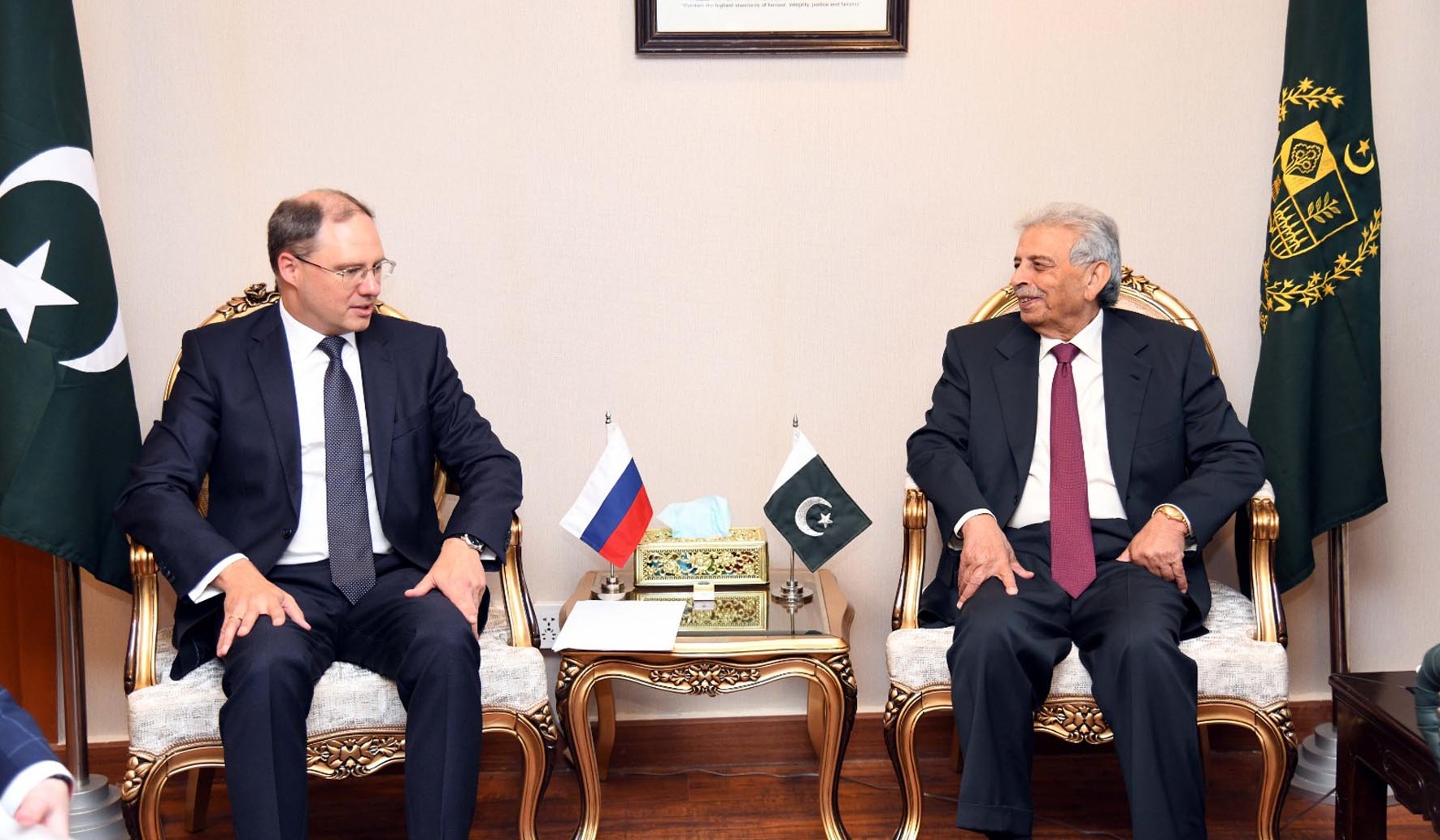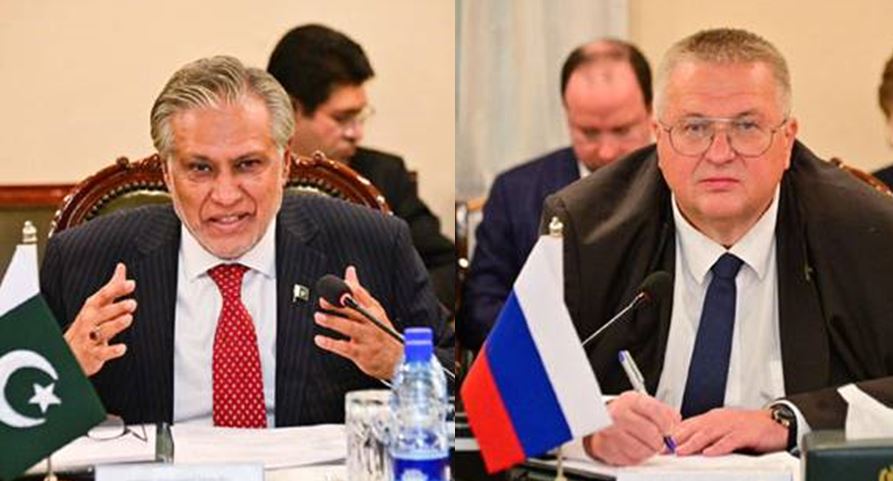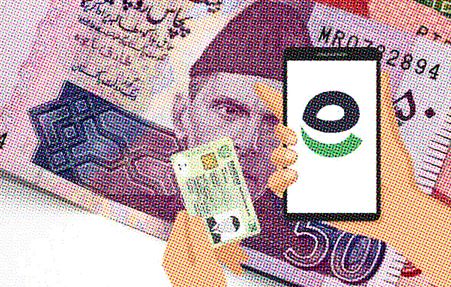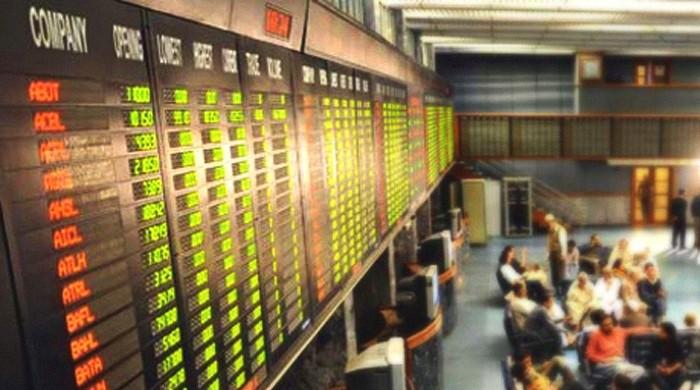ISLAMABAD:
The cost of consumer goods and electricity generation is going to rise further after the government, on Monday, approved recovering the Rs24 billion cost of subsidised imported gas for two Punjab-based fertiliser plants from industrial and electricity consumers.
The Economic Coordination Committee (ECC) of the Cabinet pushed through the summary for further extending the period of supply of the subsidised imported gas to these two fertiliser plants as an additional agenda item. Headed by Finance Minister Muhammad Aurangzeb, the ECC approved the summary despite the dissenting note by the minister for Petroleum, according to sources.
The ECC also approved diverting the allocated budget of Rs4.1 billion, initially meant for the uplift of the backward areas of Pakistan, towards meeting expenditures on launching communication satellites this week. In yet another important decision, the ECC approved an additional Rs200 million budget for the Intelligence Bureau (IB). It approved Rs200 million for the IB to thwart attacks on the China-Pakistan Economic Corridor (CPEC) and disrupt the campaign by hostile intelligence agencies against the “economic revival of the country.”
The proposal of the Ministry of Industries and Production to allow Sui Northern Gas Pipelines Limited (SNGPL)-based plants to operate for a period of six months, starting from March 31, 2024, till September 30, 2024, was approved by the committee, according to the finance ministry. The decision would ensure a smooth supply of urea fertiliser for the Kharif season, it added.
The federal government has been providing subsidised gas to the two plants, Fatima Fert and Agritech, but the burden of the subsidy has been shifted onto the shoulders of other consumers. Earlier, the burden was directly borne by domestic consumers. Sources said that against the price of Re-gasified Liquefied Natural Gas (RLNG) of roughly $12.3 per mmbtu (million British thermal units) or Rs3,400, the ECC decided that these two fertiliser plants would get the gas at Rs1,597 per mmbtu. The Rs1,800 difference, which translates into Rs24 billion for six months, would be borne by industrial consumers and power plants, sources said.
This would push the prices of consumer goods and electricity, as the power plants would recover the price from the consumers through fuel price adjustment. Sources said that the petroleum minister recorded his dissenting note and did not support the summary. Under the Rules of Business of 1973, gas is the subject of the Petroleum Division, and yet the Muhammad Aurangzeb-led ECC approved the summary.
The minister informed the ECC that he did not see the summary before it was tabled in the committee for approval. Yet, the ECC went ahead and approved the summary, which would benefit the owners of these fertiliser plants. The submission and approval of a summary as an additional item, despite opposition by a minister whose ministry is responsible for the subject, also reflects poorly on the performance of the Cabinet Division, which is unable to follow the rules.
The ECC had earlier decided to recover the Rs25 billion cost of the subsidised gas for the October 2023 to March 2024 period from residential consumers. But the Oil and Gas Regulatory Authority (OGRA) had not allowed recovering the amount from residential consumers, and the amount still remains outstanding.
The ECC approved the request of the Strategic Plans Division for the provision of Rs4.1 billion to meet the requirements of the Pakistan Multi-Mission Communication Satellite System, according to a press statement issued by the finance ministry. The ECC was informed that the satellite launch was due on May 30, but the contractual obligations worth Rs4.1 billion were outstanding. The Strategic Plans Division further told the ECC that the launch cannot be delayed as the orbital slot would be lost in two months, according to officials privy to these discussions.
To facilitate the launch, the government has decided to divert Rs4.1 billion, which had been allocated in the budget for the uplift of the backward areas of Pakistan, according to finance ministry officials. Last week, the ECC had diverted Rs70.5 billion of the Prime Minister’s Special Initiatives for Women, Sports, and Backward Areas towards meeting the needs of hydropower projects.
The finance ministry stated that the request of the Intelligence Bureau Division for the provision of funds to the tune of Rs200 million was approved by the ECC. The funds were sought by claiming that there was a shortage of funds to meet the challenges posed by the mounting terrorist attacks on the CPEC. The ECC was informed that hostile intelligence agencies were also financing the campaign to disrupt the economic revival of the country.
The ECC approved the request of the Ministry of Interior for the provision of Rs2.4 million for the payments to three army personnel who had served overseas. The cabinet body also approved the request of the Ministry of Law for the provision of Rs19.4 million for the Federal Tax Ombudsman Office.
Published in The Express Tribune, May 28th, 2024.
Like Business on Facebook, follow @TribuneBiz on Twitter to stay informed and join in the conversation.
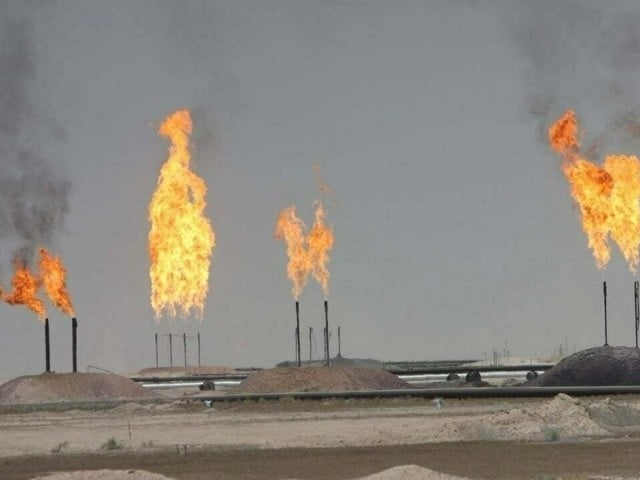

 Technology6 مہینے ago
Technology6 مہینے ago
 Pakistan7 مہینے ago
Pakistan7 مہینے ago
 Sports6 مہینے ago
Sports6 مہینے ago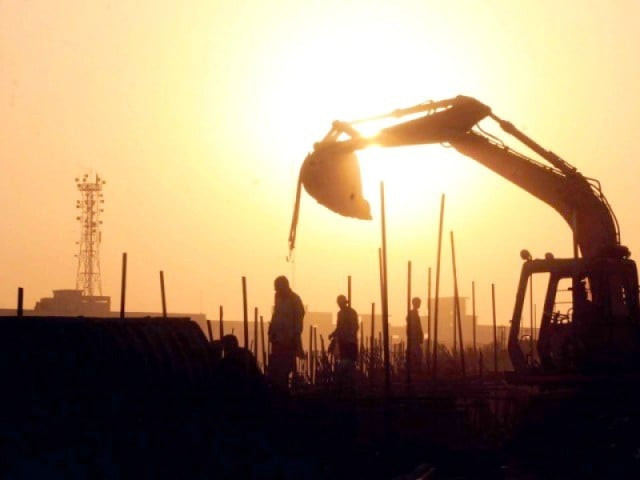
 Pakistan6 مہینے ago
Pakistan6 مہینے ago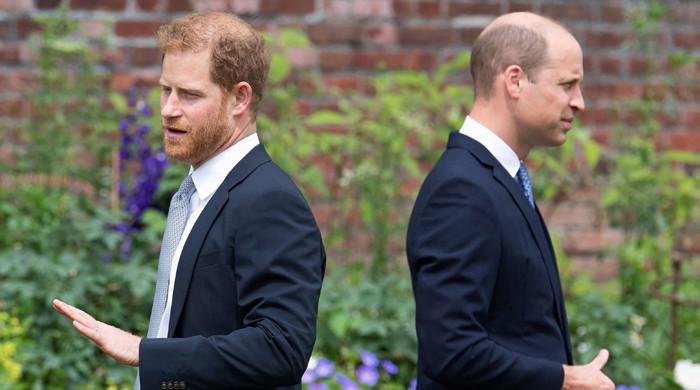
 Entertainment6 مہینے ago
Entertainment6 مہینے ago
 Pakistan6 مہینے ago
Pakistan6 مہینے ago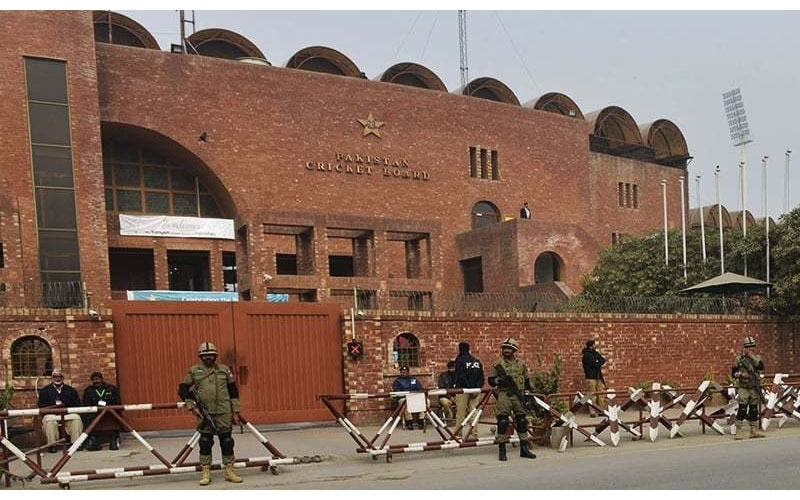
 Sports5 مہینے ago
Sports5 مہینے ago
 Entertainment6 مہینے ago
Entertainment6 مہینے ago
